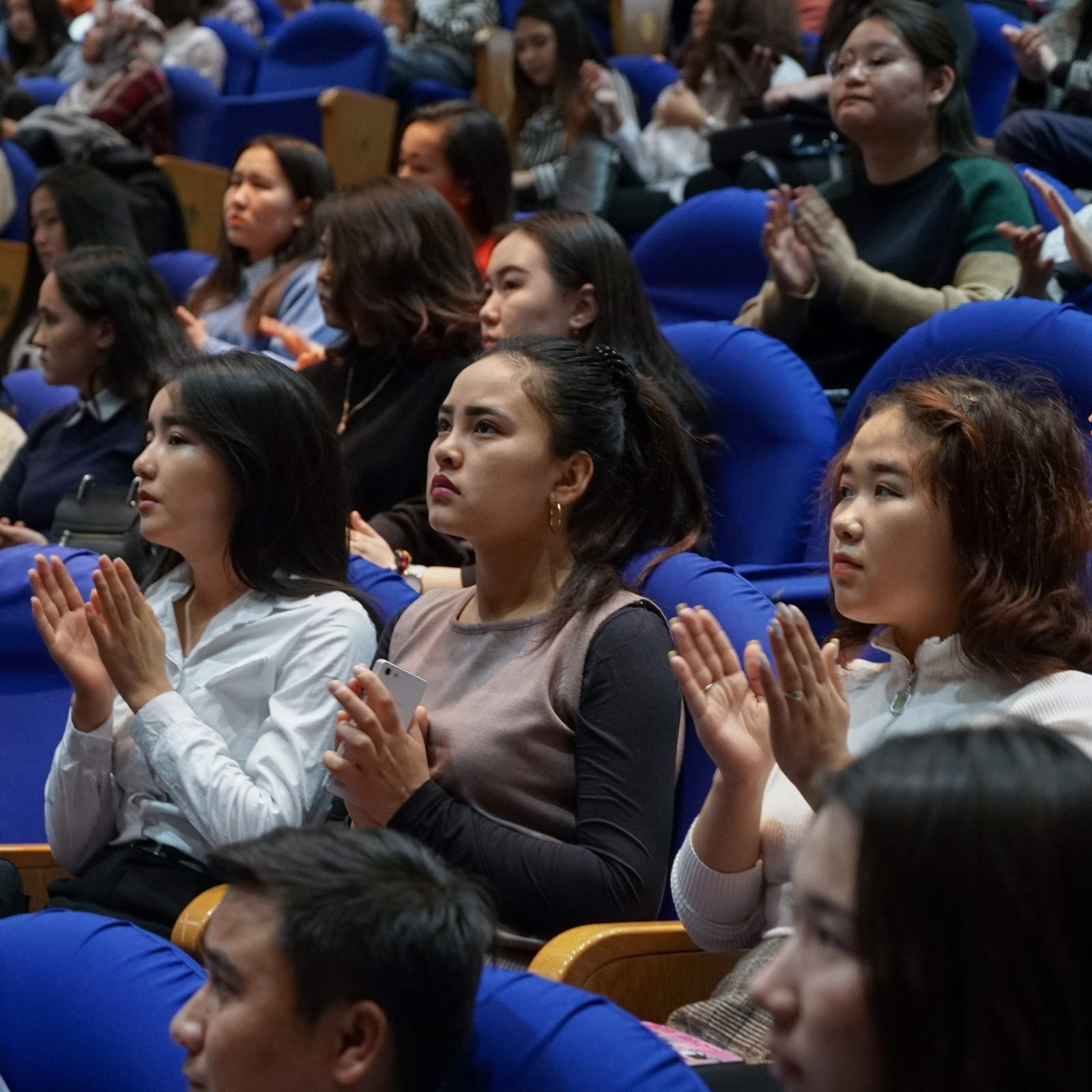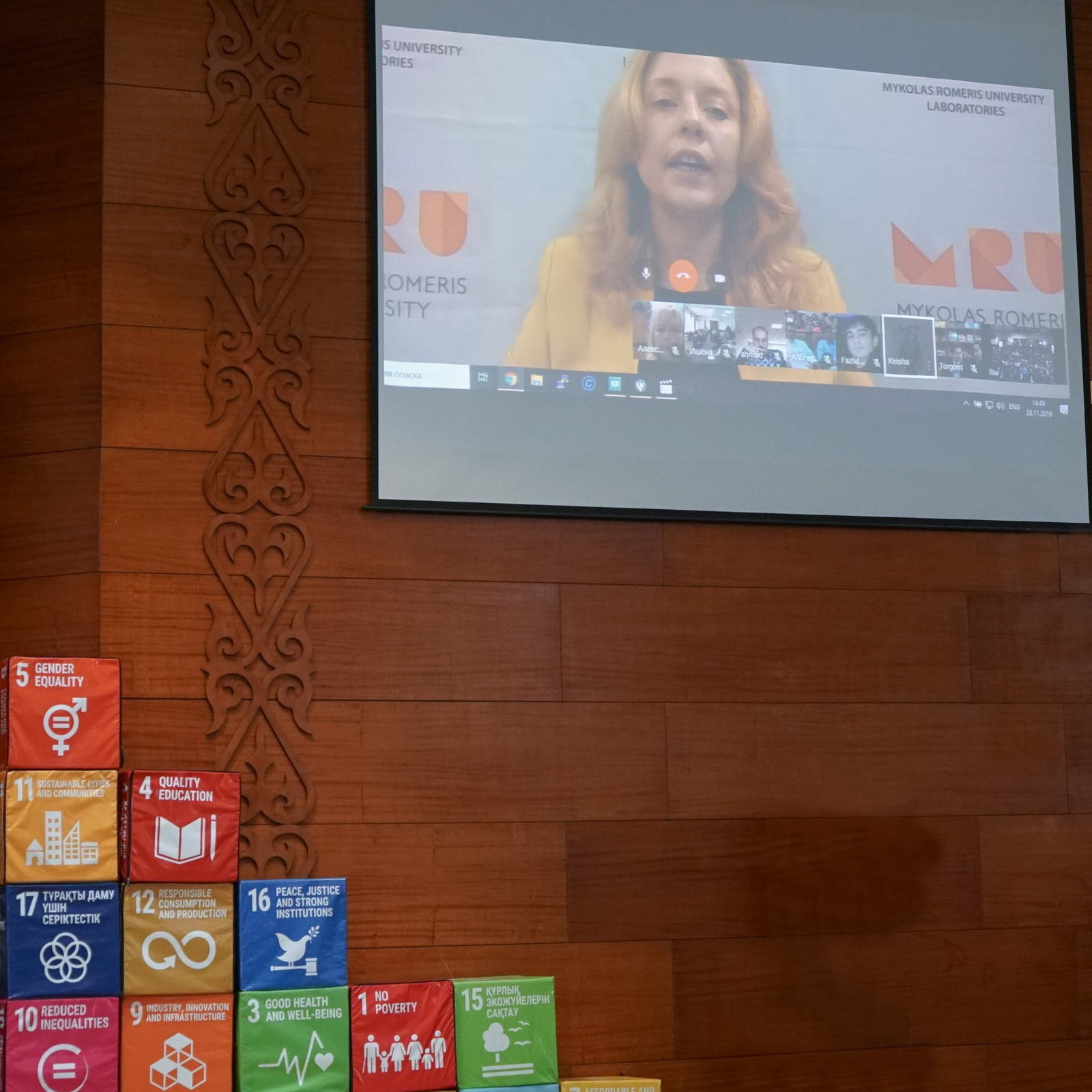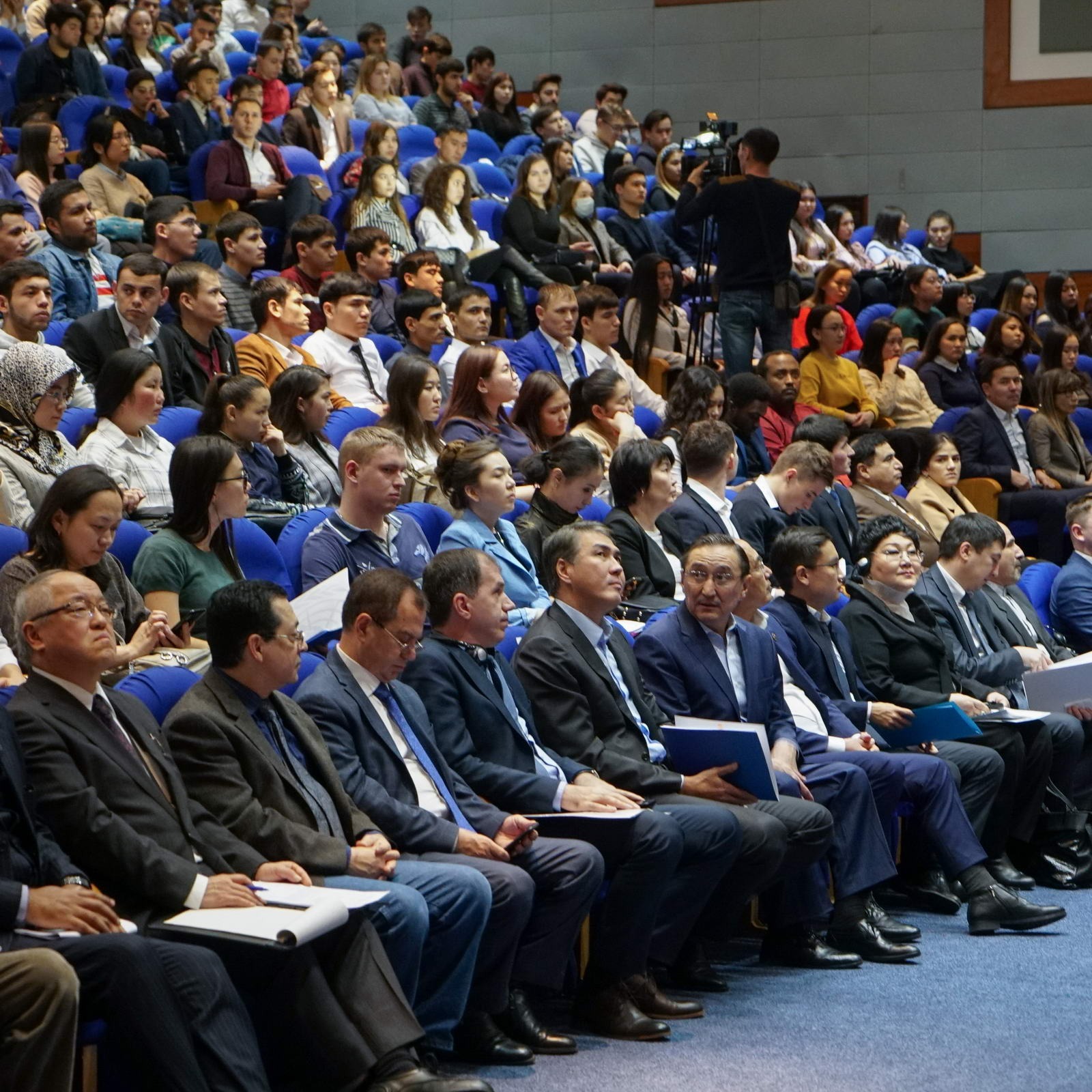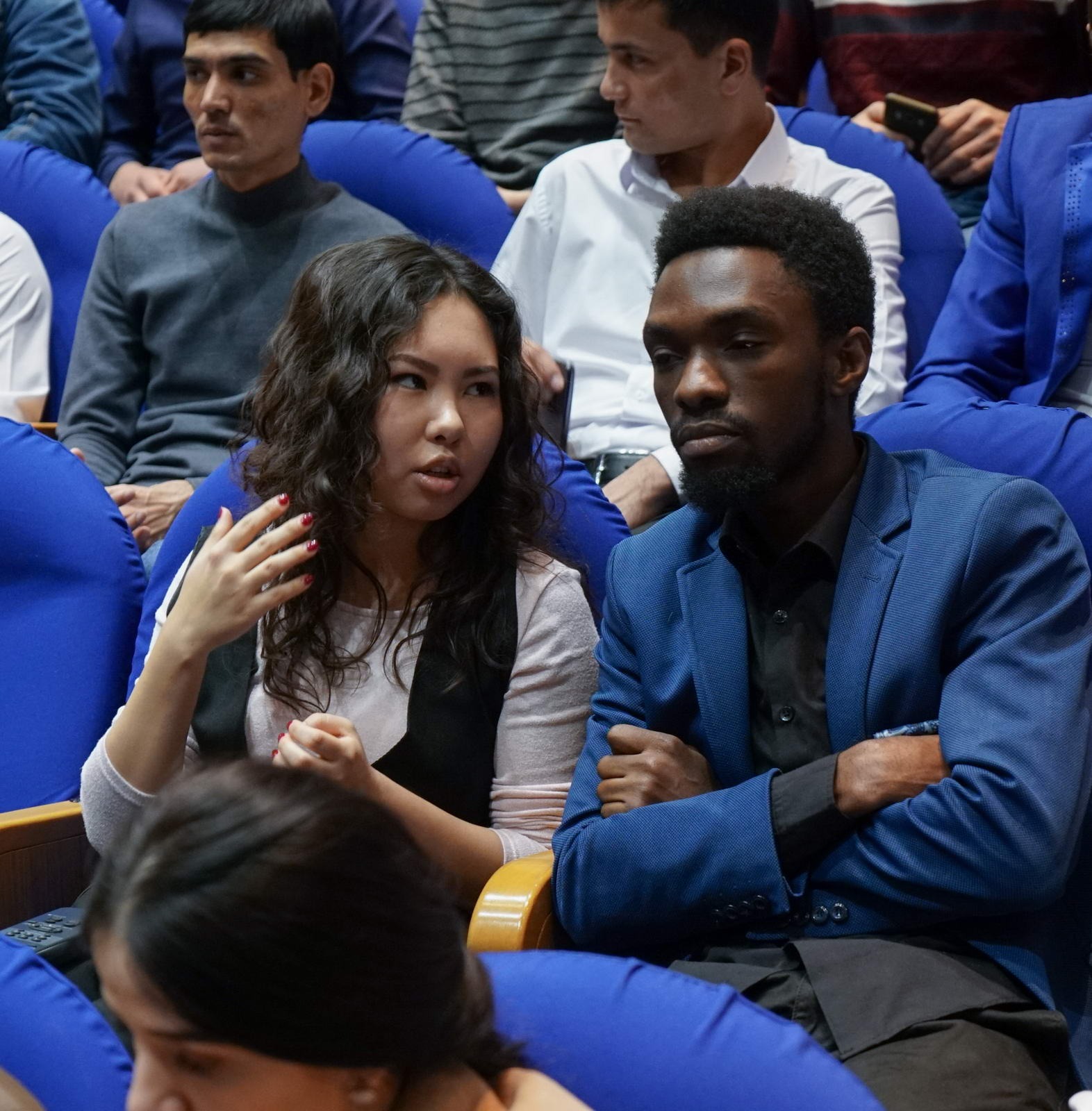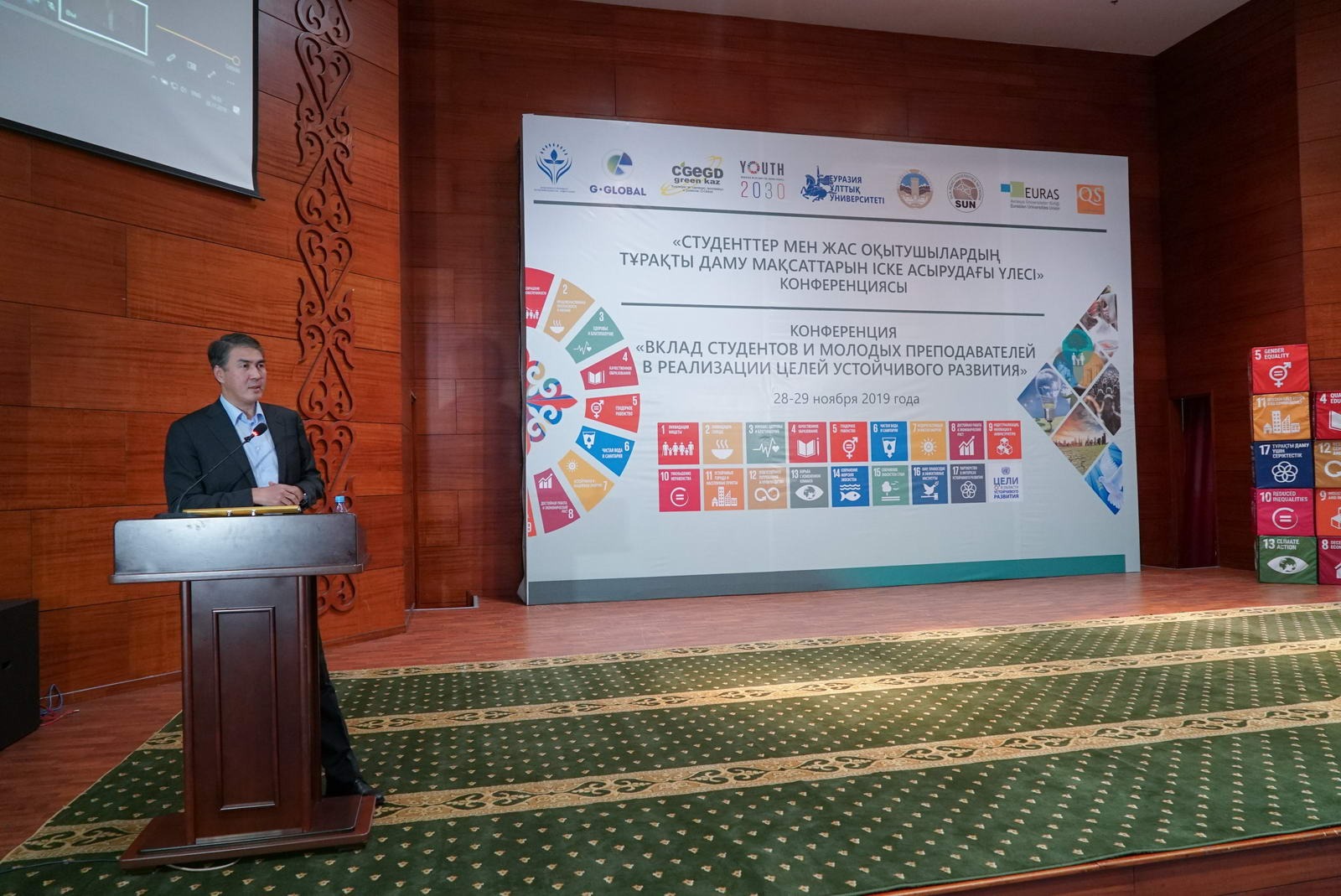Students and teachers of more than 100 foreign universities discussed the ideas of progress and development of the Earth
Students and university professors expressed their ideas on how to implement the goals of the Sustainable Development Goals (SDG) adopted by the Member States of the United Nations during the international conference «The contribution of students and young teachers to the Sustainable Development Goals-2030».
The conference was held in Nur-Sultan city with the support of the Foundation of the First President of the Republic of Kazakhstan - Elbasy. Its organizers are the G-Global Secretariat, the Eurasian National University named after L.N. Gumilyov, QS Worldwide, the Network of Universities of the Silk Road (SUN), Social Responsibility (USRN), etc.
The main objectives of the event are the involvement of young people of the UN member countries in the implementation of the SDGs, increasing the activity of young people in politics and events aimed at the progressive development of the planet.
The conference participants noted that the implementation of these goals is impossible without establishing partnerships between high schools in different countries.
In turn, the executive director of the Foundation of Elbasy, Asset Issekeshev, emphasized: «To improve the quality of life of people, and these are many tasks, the joint aspirations and efforts of not only young people, but also government bodies and public organizations are important. Each of you can contribute to solving these problems. It is important to decide in which area you will work. Someone will work in the field of business, IT-technologies, someone in the field of improving the environment and so on. It is important to set a goal in any field and achieve it». He encouraged young people to remain active and always strive for new knowledge of the Foundation of Elbasy.
The entire content of the conference was divided into five blocks: «People», «Planet», «Prosperity», «Peace», «Partnership». Within the framework of these blocks, discussions were held about the possibilities of achieving a sustainable, inclusive and stable society by 2030, preventing threats and challenges to sustainable development, including the effects of climate change, unemployment, poverty, gender inequality, conflict and migration.

